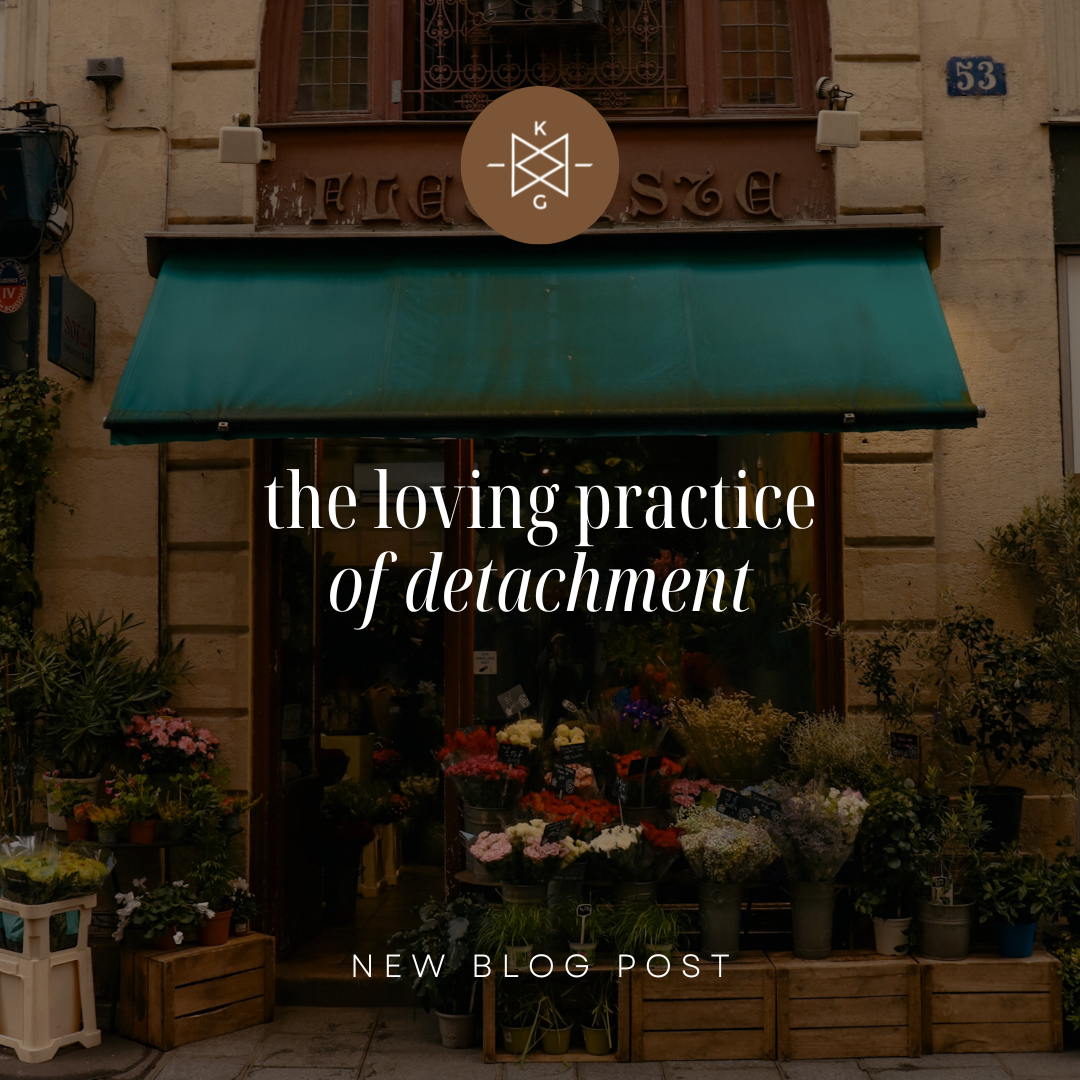The Loving Practice of Detachment
Co-dependency. We’ve all slung that word around a time or two. Lord knows it gets a really bad rap, too. Truth be told, I struggle with the word and overall label. Why? Because I believe humans, by nature, are needy creatures. Straight out of the womb, we wouldn’t make it very long without the nourishment and care of parents, guardians, and loving community. I don’t think this is an accident. I think it’s a beautiful model for the primal humility baked into our human expression. It’s the purest version of vulnerability in my mind. Survival requires connectedness in relationship.
And yet growth, maturity, and adulthood require a measure of responsibility and individuation in order to balance this developmental process, continue parenting ourselves and truly thrive. This process is based on loving trust built with ourselves and others.
Sounds so easy, right?
In my experience, not so much. It's a bit more complicated than earning a college degree, reading a flow chart, or getting a driver’s license. This new-found responsibility of adulting—in essence, freedom—comes with all sorts of complicated emotions. At the center of them is a deep, loud longing for acceptance—for love.
Many of us learned early on exactly how to get this need for acceptance met by shape-shifting in order to please others. If I do or say what makes you feel good, this in turn will give me entrance into that grand room of belonging. Call it people-pleasing, call it co-dependency, call it whatever you want. At its core, it’s really just dishonesty and manipulation.
I suppose here’s where I draw the line: we all have the God-given birthright to have needs and wants and get them met by asking for help. When I feel lonely, I need to reach out and connect with safe people. Again, being needy is a human thing not a weak thing. However, when our internal well-being and sense of belonging is propped up by external circumstances, especially the agenda or approval of others, that line gets blurred real fast.
When I’m feeling insecure, I tend to slip into this brand of co-dependency. For example, I’ll do unnecessary damage control after having a difficult conversation or interaction with a friend. Or there’s the classic over-explaining after I’ve set a healthy boundary for myself in order to soften the blow to someone else or bypass any possible friction.
We tend to mistake this controlling behavior for care and kindness. No dice. Why? Because it’s based in fear and scarcity. Worrying, manipulating, and controlling behavior only hijacks another’s process, and in doing so, steals their opportunity for emotional exploration and growth. Not only that, we basically assume a "God" role. We buy into thinking, "It's all up to me to move the needle forward." Last time I checked, God doesn’t need my expertise, no matter how well-intentioned.
As we grow in self-awareness and compassion, letting go and detaching in love is crucial. Though it seems counterintuitive and heartless, detachment is a deeply loving practice.
How do we practice this? What does that look like? Yes, it’s coming.
Stay tuned for next week’s installment. We’re going to practically explore healthy detachment step by step.
(See what I did there? 😉)

